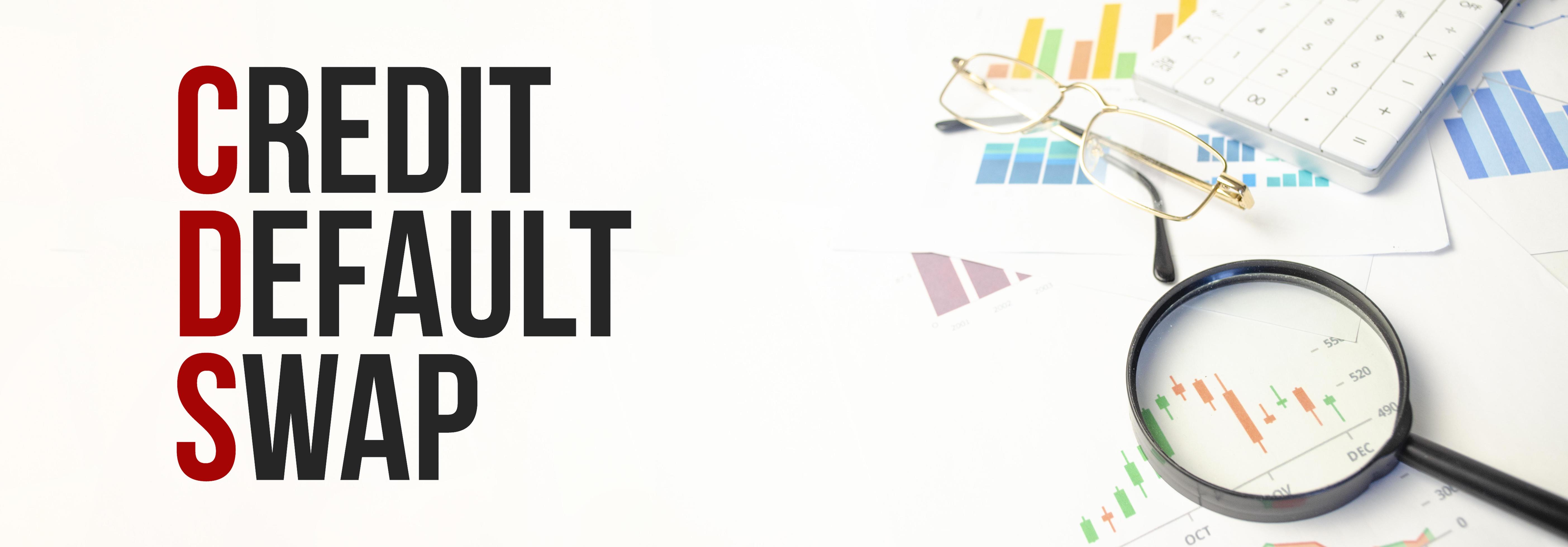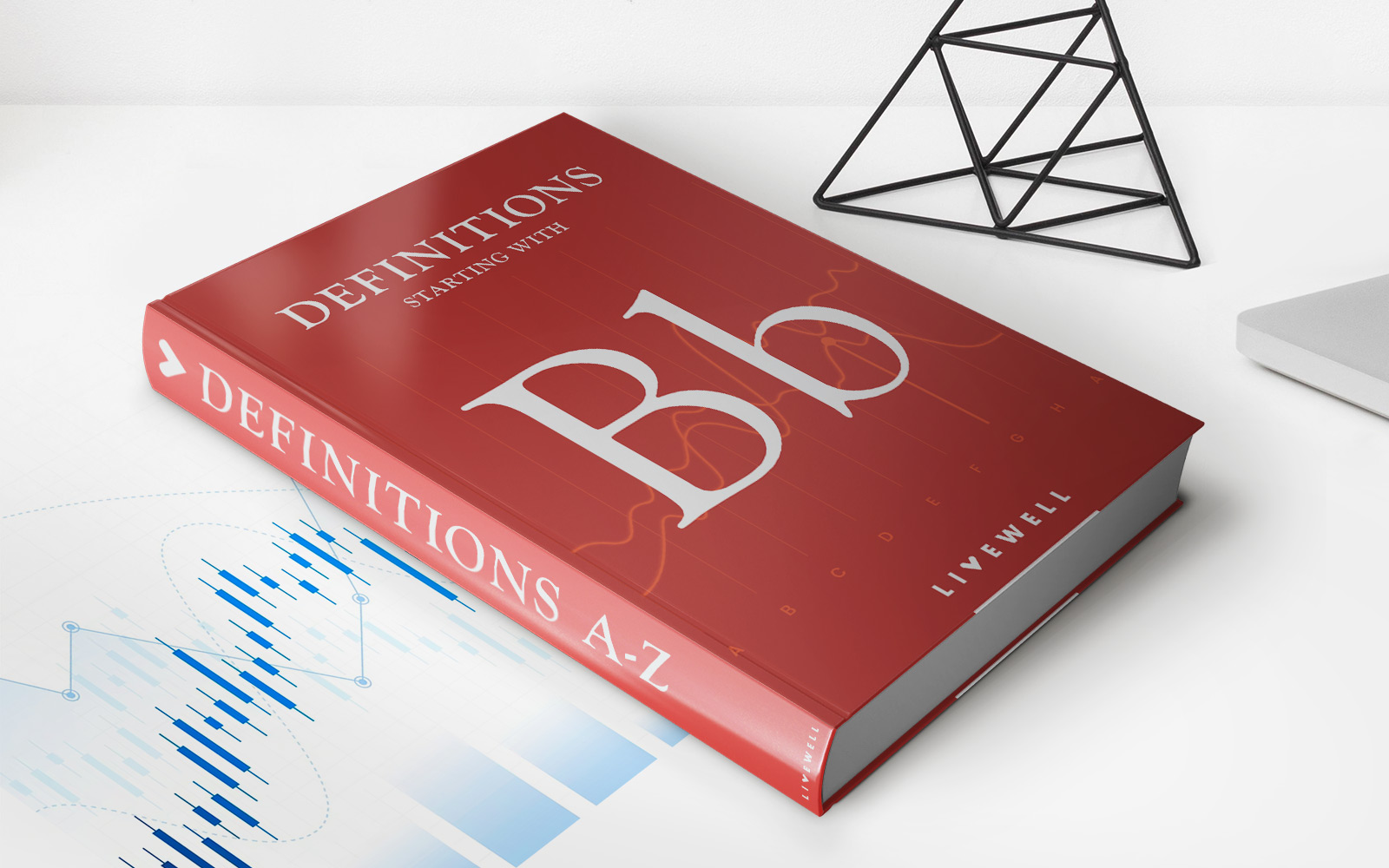

Finance
How Much Does A CPA Cost For A Small Business
Published: November 25, 2023
Looking for affordable CPA services for your small business? Find out the average cost of hiring a CPA and improve your financial management with our reliable finance experts.
(Many of the links in this article redirect to a specific reviewed product. Your purchase of these products through affiliate links helps to generate commission for LiveWell, at no extra cost. Learn more)
Table of Contents
Introduction
Welcome to the world of small business finance! As a small business owner, managing your finances is a critical aspect of running a successful operation. One key player in this process is a Certified Public Accountant (CPA), who can provide expert guidance and support to help you navigate the complex world of tax compliance, financial statement preparation, and overall financial management.
However, before you dive into the realm of hiring a CPA, it’s important to understand the costs involved. How much should you expect to pay for CPA services for your small business? This article will provide you with valuable insights into the factors that affect CPA costs, different pricing models, and average costs for small businesses. By the end, you will have a clearer picture of what to budget for when seeking the services of a CPA.
It’s important to note that the cost of hiring a CPA is not a one-size-fits-all scenario. The fees can vary widely based on several factors, such as the complexity of your business, your location, the services required, and the level of experience and expertise of the CPA. Understanding these factors will help you make an informed decision and find a CPA who meets your needs and budget.
Before we delve deeper into the intricacies of CPA costs, let’s explore the different factors that can influence the overall pricing structure.
Factors Affecting CPA Costs
Several factors come into play when determining the cost of hiring a CPA for your small business. Understanding these factors will give you a better idea of why costs can vary and help you evaluate the services you need:
- Complexity of your business: The complexity of your business operations and transactions can impact CPA costs. If your business has multiple entities, international operations, or intricate financial arrangements, it will require more time and expertise from the CPA, resulting in higher costs.
- Services required: The specific services you need from the CPA will also affect the overall cost. Tax preparation and filing, financial statement preparation, bookkeeping, payroll processing, and advisory services all have different levels of complexity and time commitment, thus influencing the cost. It’s essential to discuss your requirements with the CPA to get a clear understanding of the services and associated costs.
- Experience and expertise: The level of experience and expertise of the CPA can impact the pricing structure. Highly experienced CPAs with a strong reputation and track record may charge higher fees for their services. However, their expertise can be invaluable in ensuring accurate financial reporting and maximizing tax savings for your business.
- Geographical location: The geographical location of your business can also influence CPA costs. CPAs in major cities or regions with a higher cost of living may charge more for their services compared to those in smaller towns or rural areas. It’s important to consider this factor while evaluating and comparing CPA fees.
- Size of your business: The size of your business, including the number of employees and annual revenue, can impact CPA costs. Larger businesses typically require more extensive financial analysis and reporting, which may result in higher fees.
Keep in mind that these factors are not standalone determinants of CPA costs. The final pricing will be determined by a combination of these elements based on the unique needs and circumstances of your small business. It’s essential to discuss your specific situation with potential CPAs to receive accurate cost estimates.
Hourly Rates vs. Flat Fees
When it comes to pricing models, CPAs typically offer two main options: hourly rates or flat fees. Understanding the differences between these two models can help you determine which one is more suitable for your small business:
Hourly Rates: With this pricing model, the CPA charges an hourly rate for the time spent working on your business’s financial matters. The hourly rate can vary based on the CPA’s experience, location, and the complexity of the services required. Hourly rates provide flexibility, as you only pay for the actual time spent on your business. However, it can be challenging to estimate the final cost as it depends on the scope of work and the efficiency of the CPA.
Flat Fees: Flat fees are a fixed amount agreed upon between you and the CPA for specific services. The CPA determines the fee based on the complexity of your business and the anticipated time and effort required to deliver the agreed-upon services. Flat fees provide more predictability and allow you to budget your finances accordingly. However, it’s crucial to ensure that the fee covers all the necessary services without any unexpected additional costs.
Both pricing models have their pros and cons, and the choice between them depends on your preference and the specific circumstances of your small business. When discussing fees with potential CPAs, inquire about their pricing structure and evaluate which model aligns better with your needs and budget.
It’s important to note that additional services or unexpected complexities may incur extra charges, irrespective of the pricing model chosen. Discuss with the CPA upfront if there are any potential circumstances that could lead to additional fees to avoid surprises down the road.
Now that we have explored the different pricing models, let’s delve into the average CPA costs for small businesses, giving you a clearer understanding of what to expect when budgeting for CPA services.
Average CPA Costs for Small Businesses
The cost of hiring a CPA for your small business can vary significantly based on the factors mentioned earlier. However, to provide you with a rough estimate, let’s outline the average CPA costs for small businesses:
For basic services such as annual tax preparation and filing for a small business with straightforward financials, you can expect to pay anywhere from $500 to $2,000 per year. This price range may increase if your business has more complex financial transactions or additional compliance requirements.
If your business requires ongoing bookkeeping services, the monthly fees charged by CPAs range from $200 to $400 on average. This cost can increase depending on the size of your business and the volume of transactions that need to be recorded and reconciled regularly.
For more comprehensive services such as financial statement preparation and analysis, budgeting and forecasting, or strategic financial planning, the fees charged by CPAs can range from $1,000 to $5,000 or more per month, depending on the complexity and scope of the services required.
Keep in mind that these figures serve as general guidelines and can vary based on your specific business needs and the expertise and experience of the CPA. It’s essential to discuss your requirements with potential CPAs and obtain detailed pricing proposals to ensure a clear understanding of the costs involved.
Additionally, some CPAs may offer package deals or bundled services for small businesses, which can help you save on overall costs. It’s worth exploring these options and comparing the value provided by different CPAs before making a decision.
Now that you have a better understanding of the average CPA costs for small businesses, let’s consider some additional factors that small business owners should consider when budgeting for CPA services.
Additional Considerations for Small Businesses
When budgeting for CPA services, there are some additional factors that small business owners should take into account:
- Business needs: Assess the specific needs of your business and prioritize the services you require from a CPA. Determine whether you need assistance with tax preparation, bookkeeping, financial analysis, or strategic planning. By understanding your priorities, you can allocate your budget more effectively.
- Scalability: Consider the potential growth and expansion of your business. If you anticipate significant growth in the near future, it may be beneficial to engage a CPA who can provide scalable services and accommodate your evolving needs. This can help you avoid the hassle of switching CPAs later on.
- Value-added services: Look for CPAs who offer value-added services beyond the standard compliance work. Value-added services can include financial advice, tax planning, or even assistance with securing loans or funding. These services can provide additional benefits to your business and justify a higher fee.
- Industry expertise: Depending on your industry, you may benefit from working with a CPA who has experience and knowledge specific to your sector. Industry expertise can help the CPA understand the unique financial challenges and opportunities faced by businesses in your field, ensuring more targeted and effective assistance.
- Communication and availability: Consider the level of communication and availability you require from your CPA. Some small business owners prefer regular check-ins and frequent communication, while others may be more comfortable with periodic updates. Determine your preferred level of engagement and choose a CPA who can meet your communication needs.
- Referrals and recommendations: Seek referrals and recommendations from trusted sources, such as fellow business owners, industry associations, or professional networks. Hearing about the experiences of others can provide valuable insights and help you make an informed decision about the right CPA for your business.
Considering these factors will ensure that you find a CPA who not only fits within your budget but also provides the necessary expertise and support to help your small business thrive financially.
Now, let’s explore some tips for finding an affordable CPA without compromising on quality.
Tips for Finding an Affordable CPA
When searching for an affordable CPA for your small business, consider these practical tips to help you find the right balance between cost and quality:
- Shop around and compare: Don’t settle for the first CPA you come across. Take the time to research and gather quotes from multiple CPAs. Compare their services, fees, and expertise to find the best fit for your budget and requirements.
- Consider smaller firms or independent CPAs: Smaller firms or independent CPAs may offer more competitive rates compared to larger, well-established firms. These professionals can still provide quality services while being more cost-effective for small businesses.
- Seek out package deals: Some CPAs may offer package deals or discounted rates for bundled services. Inquire about these options, as they can help you save on overall costs while still receiving the necessary support for your business.
- Ask for references: Request references or testimonials from other small business owners who have worked with the CPA. Hearing about their experiences and satisfaction with the CPA’s services can give you confidence in your decision.
- Clarify billing practices: Understand how the CPA bills for their services. Will you be charged per hour or on a per project basis? Will there be any additional charges for phone calls or consultations? Clarity on billing practices will help prevent surprises in the future.
- Consider online or remote options: With advancements in technology, many CPAs now offer online or remote services. This can often result in reduced costs compared to in-person meetings or on-site visits. Explore these options if it aligns with your business’s needs and preferences.
- Seek out pro bono services: Some CPAs offer pro bono services or discounts for non-profit organizations or small businesses with limited resources. Research whether you qualify for any pro bono assistance in your area.
- Don’t solely focus on cost: While affordability is important, it’s crucial not to compromise on quality and expertise. Look for CPAs with relevant experience, industry knowledge, and a strong reputation. Remember, the value they provide to your business may outweigh the initial cost.
By following these tips, you can increase your chances of finding an affordable CPA who meets your small business’s financial needs without sacrificing the quality of service.
As we wrap up, let’s summarize the key points we’ve covered about CPA costs for small businesses.
Conclusion
Managing the finances of your small business is crucial, and hiring a Certified Public Accountant (CPA) can greatly assist in navigating the complex world of financial management, tax compliance, and reporting. When budgeting for CPA services, it’s important to consider several factors that can affect costs, such as the complexity of your business, the services required, the experience and expertise of the CPA, geographical location, and the size of your business.
CPA costs can be determined through hourly rates or flat fees. Hourly rates provide flexibility but may be challenging to estimate the final cost, while flat fees offer predictability but require careful consideration of the services covered. The average costs for CPA services can vary depending on the specific needs of your small business, ranging from $500 to $2,000 per year for tax preparation and filing, $200 to $400 per month for bookkeeping, and $1,000 to $5,000 or more per month for comprehensive financial services.
Additional considerations for small businesses include evaluating the specific needs of your business, considering scalability, seeking value-added services, ensuring industry expertise, and evaluating communication preferences. When searching for an affordable CPA, compare quotes, consider smaller firms, seek package deals, ask for references, clarify billing practices, explore online options, look for pro bono services, and prioritize quality over cost.
In conclusion, hiring a CPA for your small business is an investment that can provide invaluable financial expertise and support. By considering the factors affecting CPA costs, comparing pricing models, and following the tips provided, you can find an affordable CPA who will help you effectively manage your finances, ensure compliance, and ultimately contribute to the success and growth of your small business.














